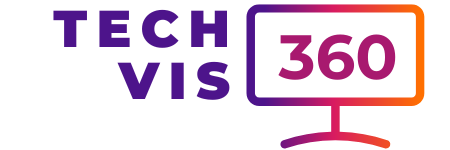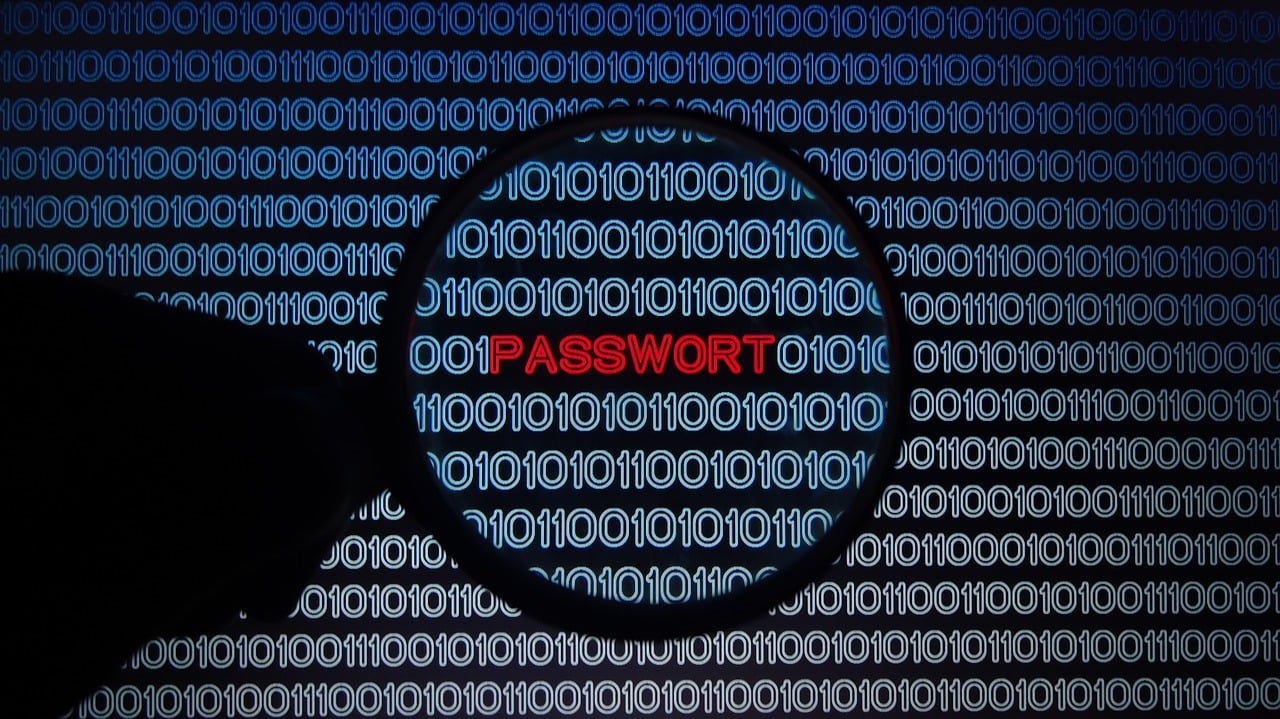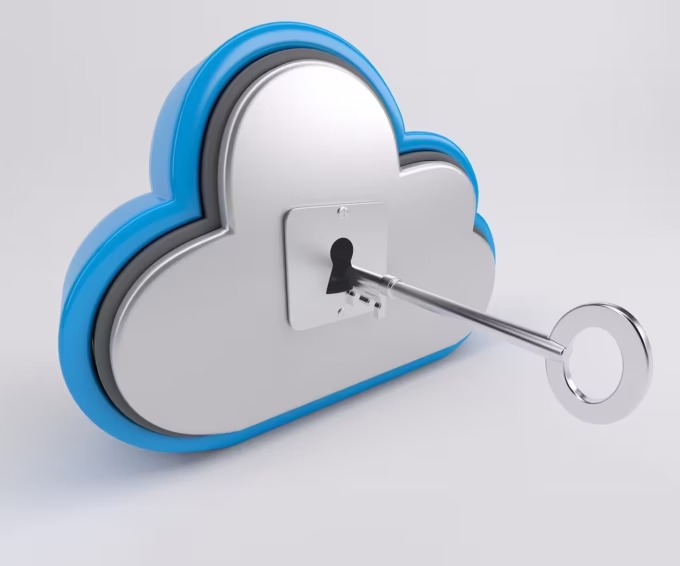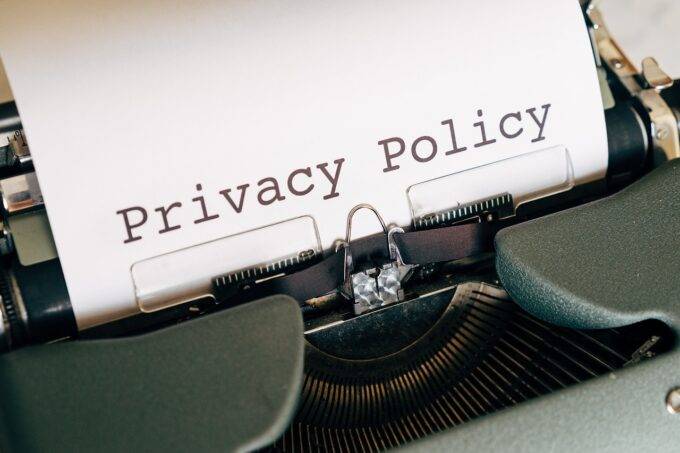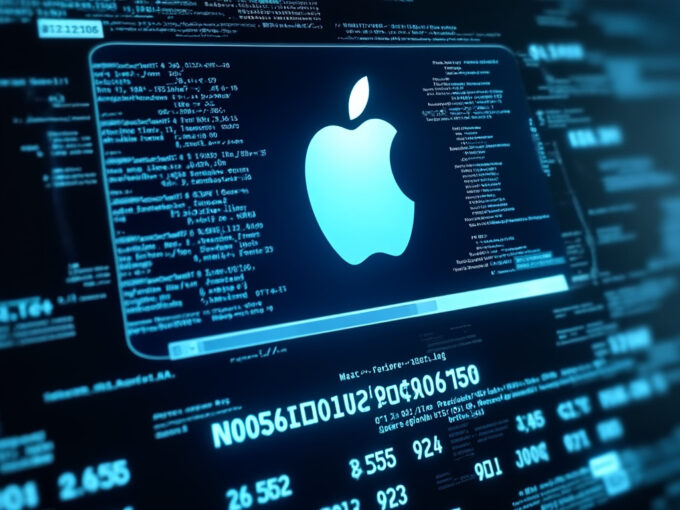In the ever-evolving digital landscape, cybersecurity remains a critical concern for individuals and businesses alike. Every year, millions of online accounts are compromised due to weak passwords. As we step into 2024, cybersecurity experts are once again issuing warnings about the most common hacked passwords. This list highlights the risky choices that leave your accounts vulnerable to cyberattacks.
In this blog post, we’ll dive into the latest data on compromised passwords, explore why these passwords are frequently hacked, and offer expert tips on how to enhance your online security. Let’s take a closer look at the Most Common Hacked Passwords List 2024 and how you can protect yourself.
Table of Contents
Why Password Security Matters
In an age where nearly every aspect of our lives is connected to the internet, safeguarding your online accounts is more crucial than ever. A weak password is like an unlocked door—inviting cybercriminals to access your sensitive data, including emails, social media accounts, bank details, and more.
According to recent studies, over 80% of data breaches are linked to weak or stolen passwords. With cyber threats on the rise, it’s essential to stay informed about common password vulnerabilities. Let’s explore the most hacked passwords of 2024 to understand what not to do.
Top 20 Most Common Hacked Passwords of 2024
Each year, cybersecurity researchers analyze millions of breached accounts to identify the most frequently used and easily hacked passwords. Here’s the list of the Top 20 Most Common Hacked Passwords of 2024:
- 123456
- password
- 123456789
- guest
- qwerty
- 111111
- 123123
- abc123
- welcome
- iloveyou
- admin
- letmein
- monkey
- football
- dragon
- sunshine
- 654321
- superman
- qazwsx
- passw0rd
What These Passwords Have in Common
- Simplicity: Many of these passwords are short and straightforward, making them easy for hackers to guess.
- Predictability: Using patterns like “123456” or “qwerty” makes it even easier for cybercriminals to crack your password using automated tools.
- Common Words: Words like “password” or “welcome” are commonly used, making them among the first passwords a hacker might try.
How Hackers Crack Passwords
Understanding how hackers break into accounts can help you protect yourself better. Here are some common techniques used to crack passwords:
1. Brute Force Attacks
This method involves automated tools that try every possible combination of characters until the correct one is found. The simpler your password, the quicker it can be cracked.
2. Dictionary Attacks
Hackers use lists of common passwords and phrases to guess your password. If your password is on one of these lists, it’s only a matter of time before it’s compromised.
3. Credential Stuffing
This technique leverages data from previous breaches. If you’ve used the same password on multiple sites and one of them gets hacked, all your accounts become vulnerable.
4. Phishing
Cybercriminals trick you into revealing your passwords through fake emails, websites, or text messages that appear legitimate.
Tips to Create Strong, Secure Passwords
To protect your online accounts, it’s essential to move away from easy-to-guess passwords. Here are some expert tips for creating robust passwords:
1. Use a Mix of Characters
- Combine uppercase letters, lowercase letters, numbers, and special characters.
- Example:
C@mpus2024!
2. Make It Long
- Aim for at least 12-16 characters.
- Longer passwords are significantly harder to crack.
3. Avoid Common Words and Patterns
- Don’t use easily guessable information like “password,” “123456,” or your name.
- Avoid predictable patterns like “qwerty” or “abcdef.”
4. Use Passphrases
- Consider using a passphrase—multiple random words strung together.
- Example:
BlueElephant7$RunsFast
5. Use a Password Manager
- Password managers generate and store complex passwords, so you don’t have to remember them.
- They also protect against phishing attacks by autofilling passwords only on legitimate websites.
The Importance of Two-Factor Authentication (2FA)
Even the strongest passwords can be compromised. That’s why Two-Factor Authentication (2FA) is crucial. 2FA adds an extra layer of security by requiring not just your password, but also a second form of verification, such as:
- A code sent to your phone
- A fingerprint scan
- A hardware token
Enabling 2FA significantly reduces the chances of unauthorized access, even if your password is compromised.
How to Enable 2FA
- Google Accounts: Go to your Google Account settings, select “Security,” and enable 2FA.
- Social Media: Platforms like Facebook, Instagram, and Twitter offer 2FA in their security settings.
- Banking Apps: Most banks support 2FA to secure online transactions.
Conclusion: Protect Your Digital Identity
Cybersecurity threats are evolving, and relying on simple passwords is no longer enough. The Most Common Hacked Passwords List of 2024 serves as a wake-up call for everyone. By taking proactive steps to secure your online accounts—such as using strong passwords, enabling 2FA, and staying vigilant against phishing scams—you can protect your digital identity from cyber threats.
Quick Recap:
- Avoid using common passwords like “123456” or “password.”
- Create strong, unique passwords for each account.
- Utilize a password manager for convenience and security.
- Always enable Two-Factor Authentication.
By following these cybersecurity best practices, you can greatly reduce the risk of becoming a victim of hacking. Stay safe online!
Frequently Asked Questions (FAQ)
Q1: How often should I change my passwords?
It’s recommended to change your passwords every 3-6 months, especially for sensitive accounts like email, banking, and social media.
Q2: Are password managers safe to use?
Yes, reputable password managers use strong encryption to keep your passwords secure.
Q3: What if I forget my complex password?
A password manager can help you store and retrieve complex passwords, reducing the need to remember them.
Q4: Is Two-Factor Authentication foolproof?
While not completely foolproof, 2FA significantly enhances your account security compared to using a password alone.
Q5: Can using a VPN protect me from hackers?
A VPN encrypts your internet connection, making it harder for hackers to intercept your data, especially on public Wi-Fi.
